At its core, any iteration of Star Trek showcases humanity at its best, overcoming adversity, prejudice, and intolerance with bravery, compassion, and understanding. That being said, there are times when even the most altruistic characters are capable of great malfeasance and villains the most surprising acts of benevolence.
Some of the most dramatic storylines, from Star Trek: The Next Generation to Star Trek: Discovery, have come from characters forced to wrestle with mistakes and decisions from their past. Their choice to reconcile who they were with who they are results in some truly illuminating and poignant redemption arcs.
10 Jean-Luc Picard (Star Trek: The Next Generation And Star Trek: Picard)
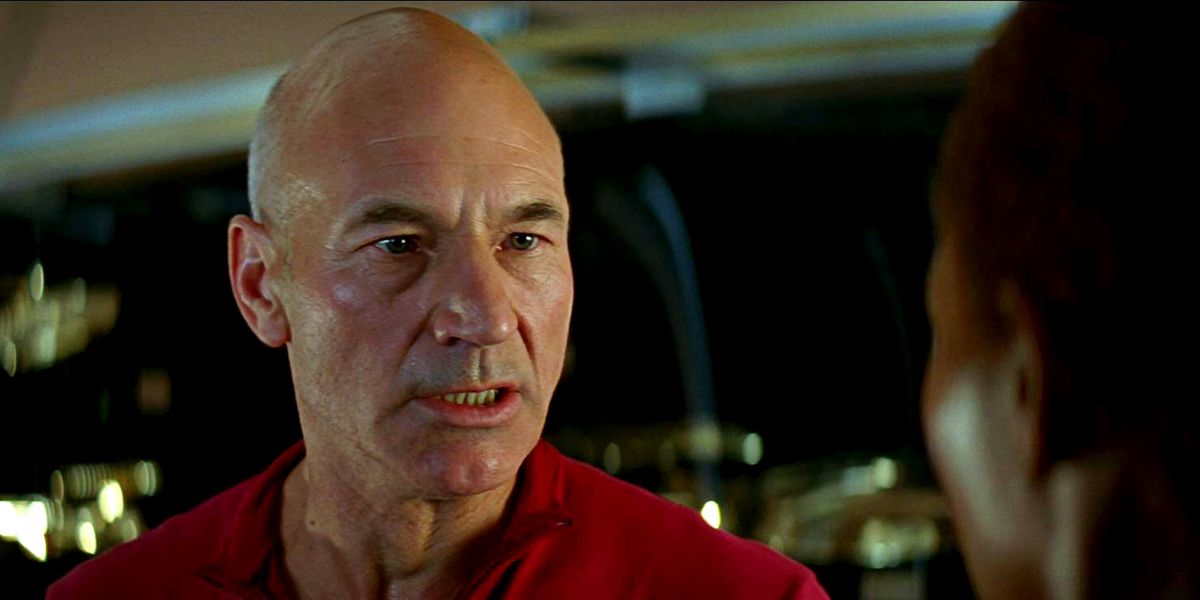
One of the most highly respected officers in Starfleet history, Jean-Luc Picard's captaincy nevertheless remains a checkered one and not without stains. After being assimilated by the Borg Collective, Starfleet intelligence he possesses is used to destroy countless ships in the Federation. As Locutus, he's responsible for killing thousands of Starfleet officers and their families, but Jean-Luc Picard pays the emotional price.
He is reinstated as captain of the Enterprise following the tragedy and prevents the Borg Queen from assimilating Earth, but the cost of his actions weighs on him. Even after he leaves Starfleet following the Romulan refugee crisis, he hurts those around him with his withdrawn behavior. When he has the chance to help make right by Soji, Dahj, Data, Elnor, Raffi, and everyone else he's let down, he takes the chance.
9 Emperor Philippa Gourgiou (Star Trek: Discovery)
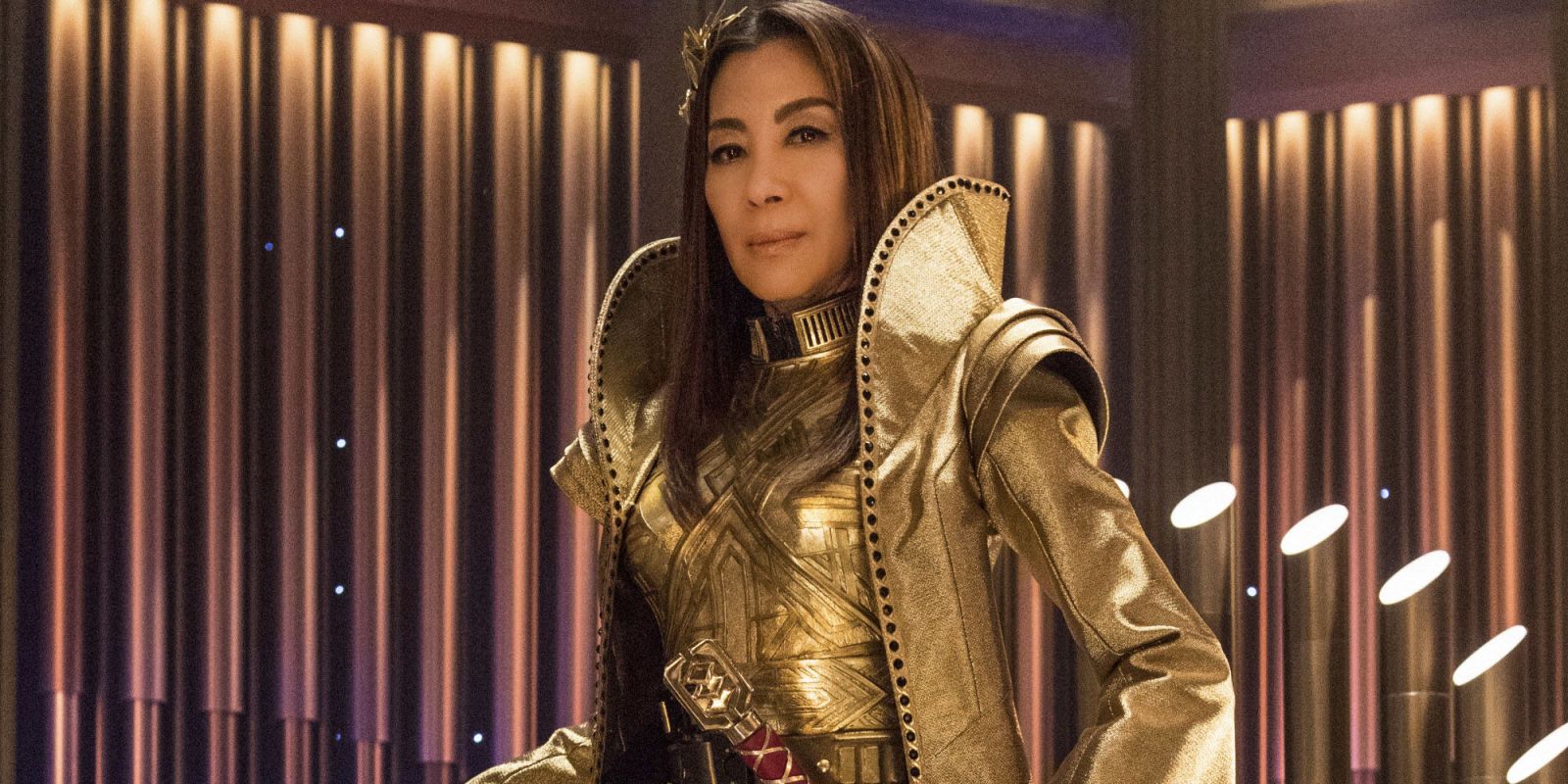
One of the most prominent villains of the newest era of Star Trek, Emperor Philippa Georgiou hails from the Mirror Universe and is the antithesis to Starfleet Captain Philippa Georgiou in the Prime Universe. She's self-centered, ruthless, and merciless, and despite her best efforts ends up being stranded in Prime Gourgiou's timeline, where she's forced to work with the crew of Discovery and reconcile with her origins.
Though she doesn't relish it, she assists the crew in preventing Control from wiping out the Universe and, after jumping nearly 1000 years into the future, helps them try to rebuild a fragmented Federation, proving even bloodthirsty warlords can be team players.
8 Seven Of Nine (Star Trek: Voyager And Star Trek: Picard)
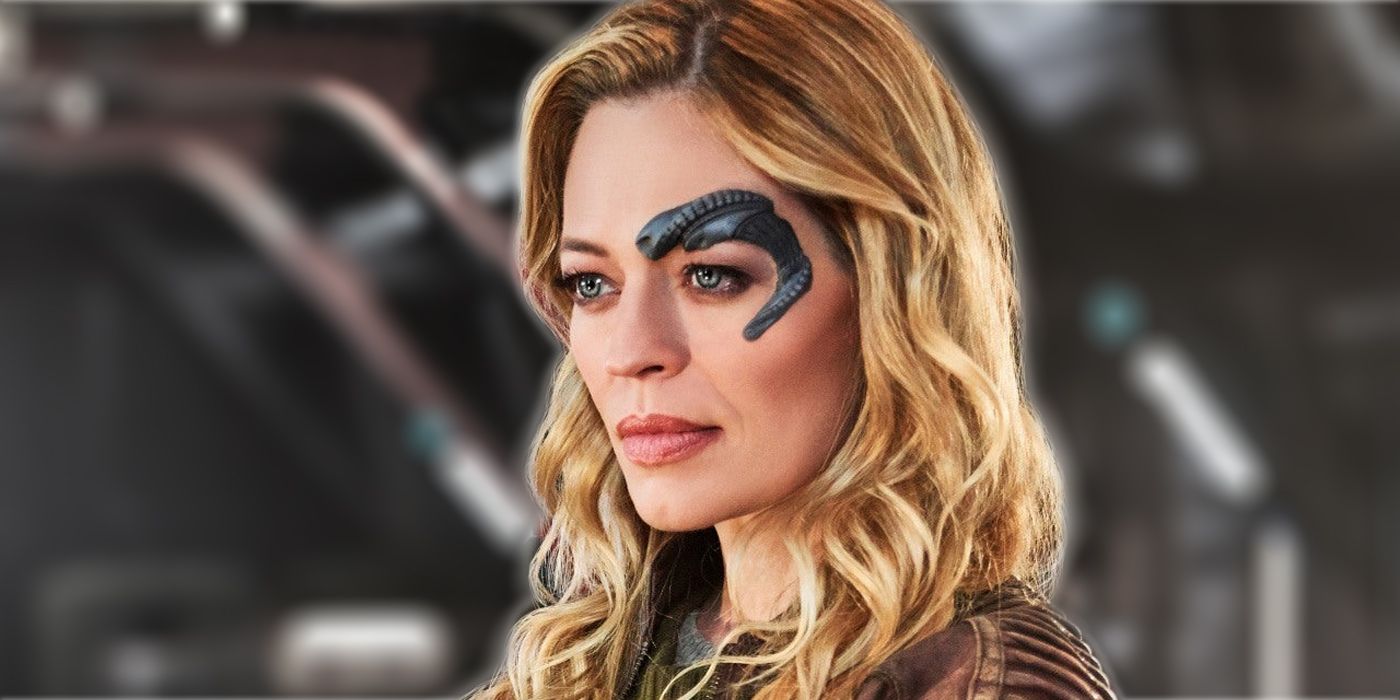
Assimilated at a young age along with her parents, Seven of Nine was a young drone who was given a second chance at life when she was rehabilitated by the Voyager crew. While most of her Borg technology was removed, the atrocities she'd committed in the name of The Collective took much longer to be, and she used her specialized knowledge of Borg tactics to combat it at every opportunity.
Decades later, she would use her unique skills again in service to Jean-Luc Picard and his crew.
7 Raffaela Musiker (Star Trek: Picard)
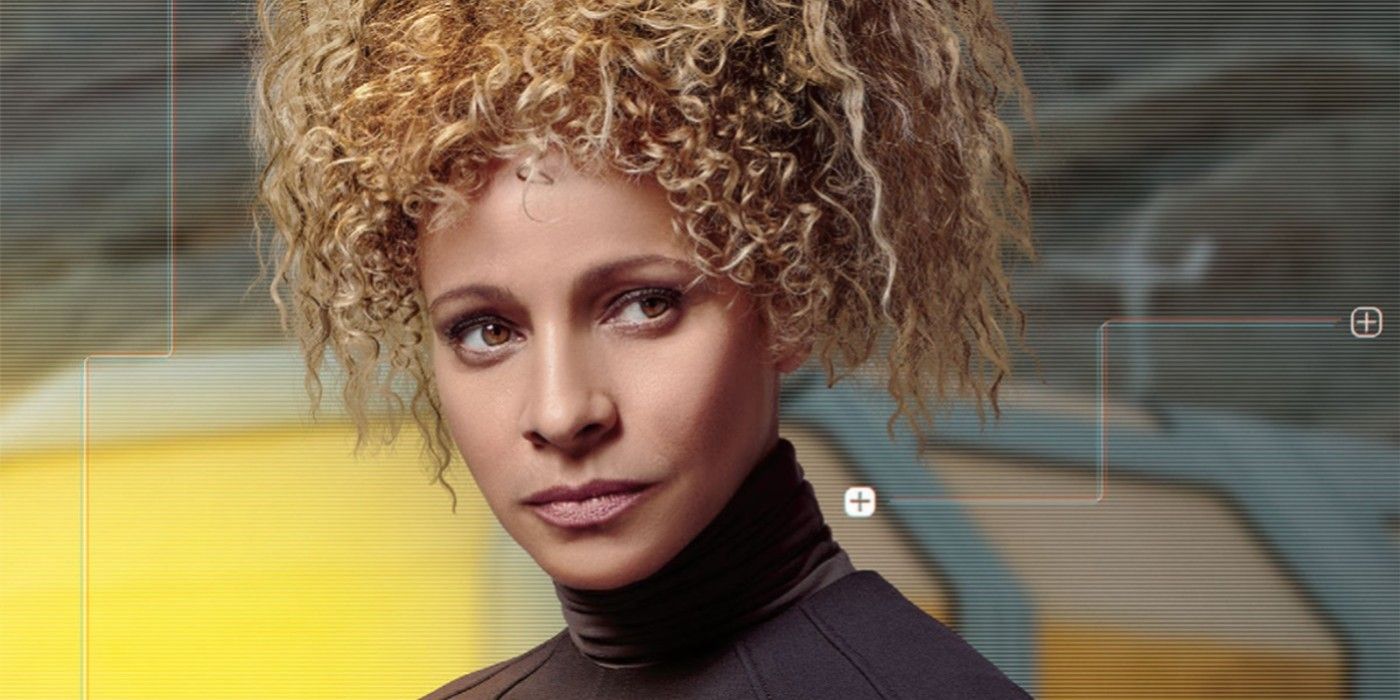
A former sterling officer who left Starfleet in disgrace, Raffaela "Raffi" Musiker reluctantly agrees to reunite with Jean-Luc Picard and join him on his quest to do right by Soji and Dahj. A misanthrope who's isolated herself from her old life, she who reckon with how the loss of her career fractured her relationship with her family.
She risks her life for Picard's cause and clings to the hope of becoming the person she once was, including in the eyes of her son, with whom she tries to reconcile just as he begins his own family.
6 Captain Kirk
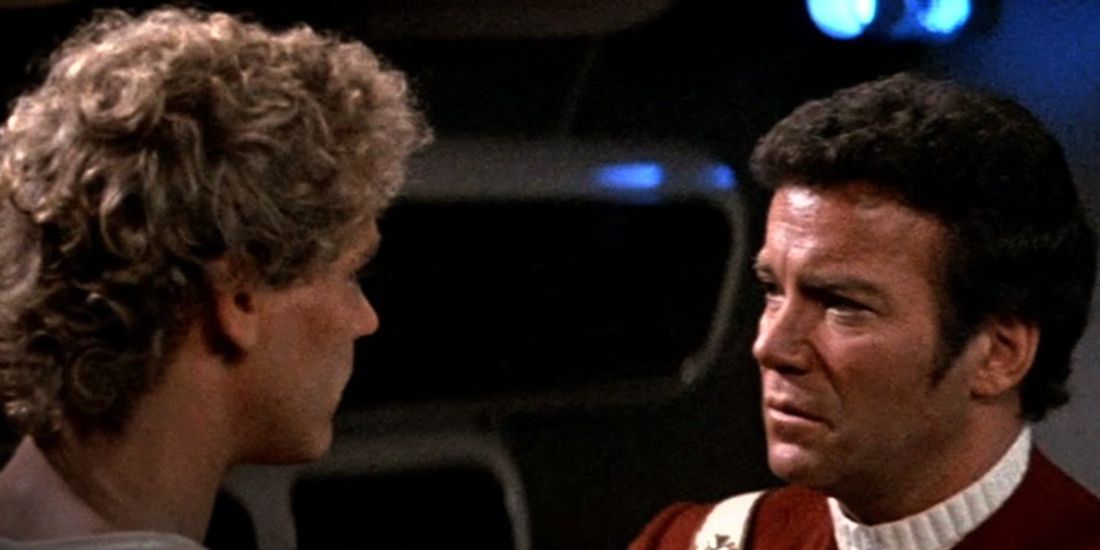
While many loyal fans of James Tiberius Kirk may believe him beyond reproach, a valiant and unconventional captain charting a path in the early days of Starfleet history, Kirk lost face many times over the course of his five-year mission, but perhaps not as memorably as to his son David.
David grew up with his mother Dr. Carol Marcus and was heavily involved with her research, knowing only pieces about Kirk's life with no way of meeting him. All of that changed when Khan Noonien Singh informed David that Kirk planned to steal his research for Starfleet, ensuring a confrontation between father and son when Kirk beamed down. Onlywhen Kirk battled Khan did David see his true qualities and offered comfort to his father after Spock's death.
5 Admiral Vance (Star Trek: Discovery)
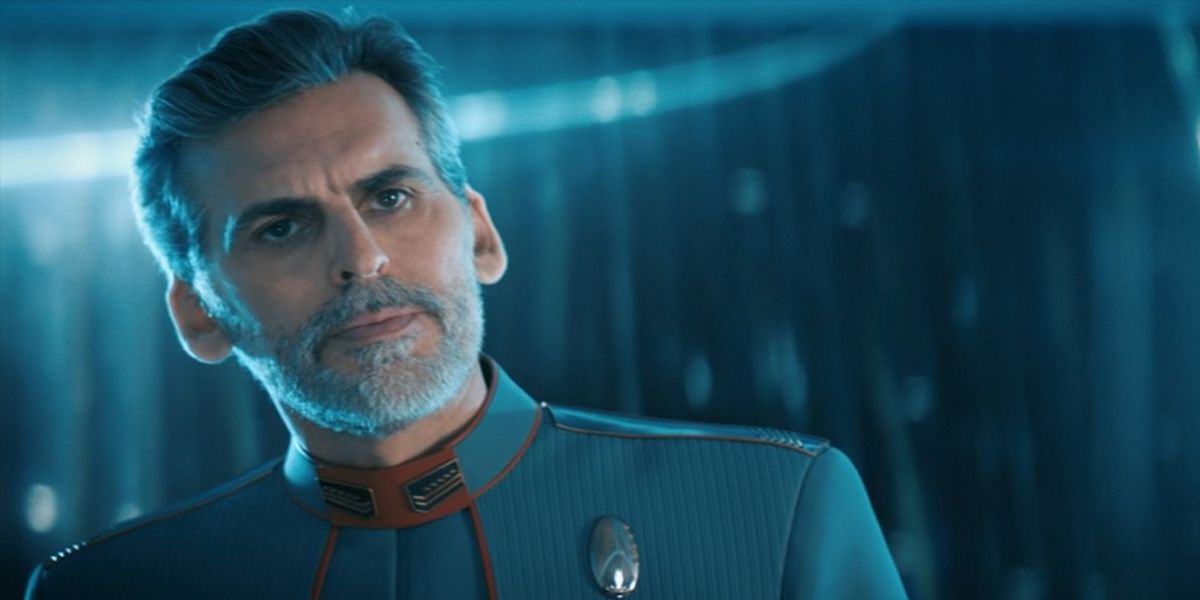
Just about every single admiral in Star Trek has been at best power-hungry and egotistical, and at worst responsible for helping an alien parasite worm its way into Starfleet's confidential data banks. Finally, with the presence of Admiral Charles Vance, the reputation of "Badmirals" everywhere can be restored to some semblance of dignity.
A fleet admiral and commander in chief of Starfleet in the 32nd century, he gives the crew of Discovery a chance to prove themselves despite their highly suspect presence in his time and even tries to broker an alliance with the Emerald Chain. He has become one of the very best examples of what Starfleet represents at its highest position of authority, something the franchise greatly needed.
4 Gul Dukat (Star Trek: Deep Space Nine)
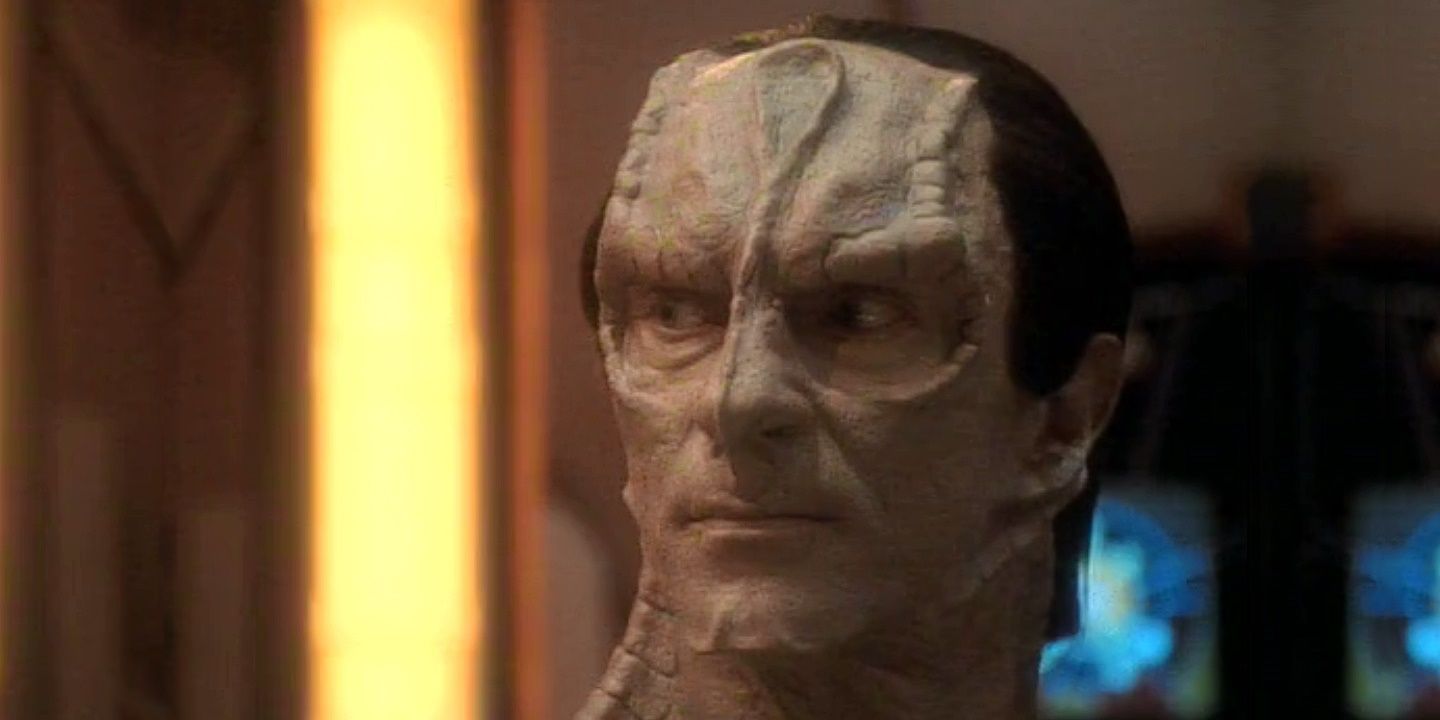
Though he's one of the most salient and omnipresent villains in Deep Space 9, Gul Dukat manages to have a redemption arc towards the end of the series. The complicated nature of the Cardassian's life makes him not only a compelling character but a complex antagonist who stands out beyond his two-dimensional contemporaries.
The leader of the Second Order risks his own principles by helping Benjamin Sisko gather sensitive intelligence during the dominion war, and after his daughter is rescued, he almost becomes a sympathetic character. In Star Trek, the villains are capable of being depicted as open-mindedly as the heroes, for they see no difference in their objectives, preserving the ethos of truth and freedom through their own distorted perspective.
3 Worf (Star Trek: The Next Generation And Star Trek: Deep Space Nine)
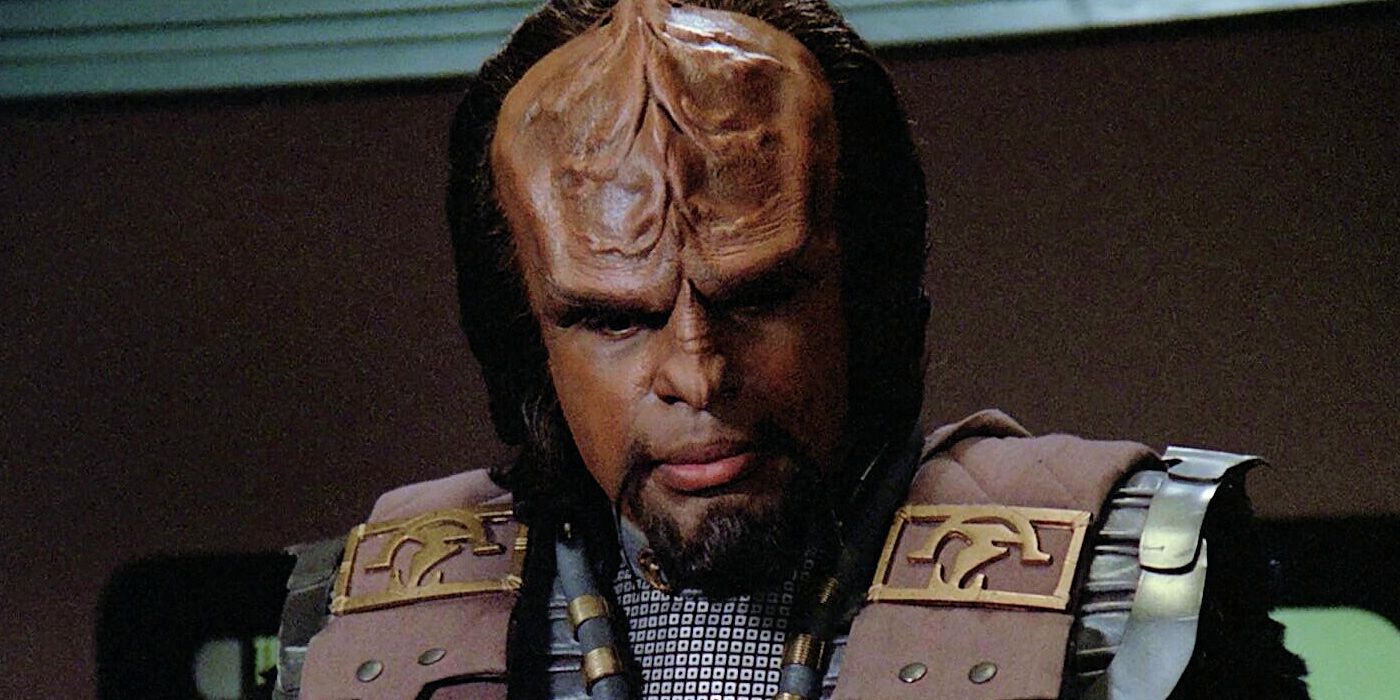
Struggling to understand his Klingon heritage despite being raised among humans, only to mythologize it as he navigates the complexities of being a Starfleet officer, Worf always tries to do his very best. Even with his sterling level of dedication in all areas, he managed to bring dishonor on his family name.
Beginning with challenging the High Council about his father's treason, Worf comes to know that he must accept disgrace in order to prevent the Empire from plunging into war with its most powerful families. When war inevitably occurs, Worf has to confront Gowron, the leader of the High Council, finally restoring his family legacy by killing him.
2 Hugh
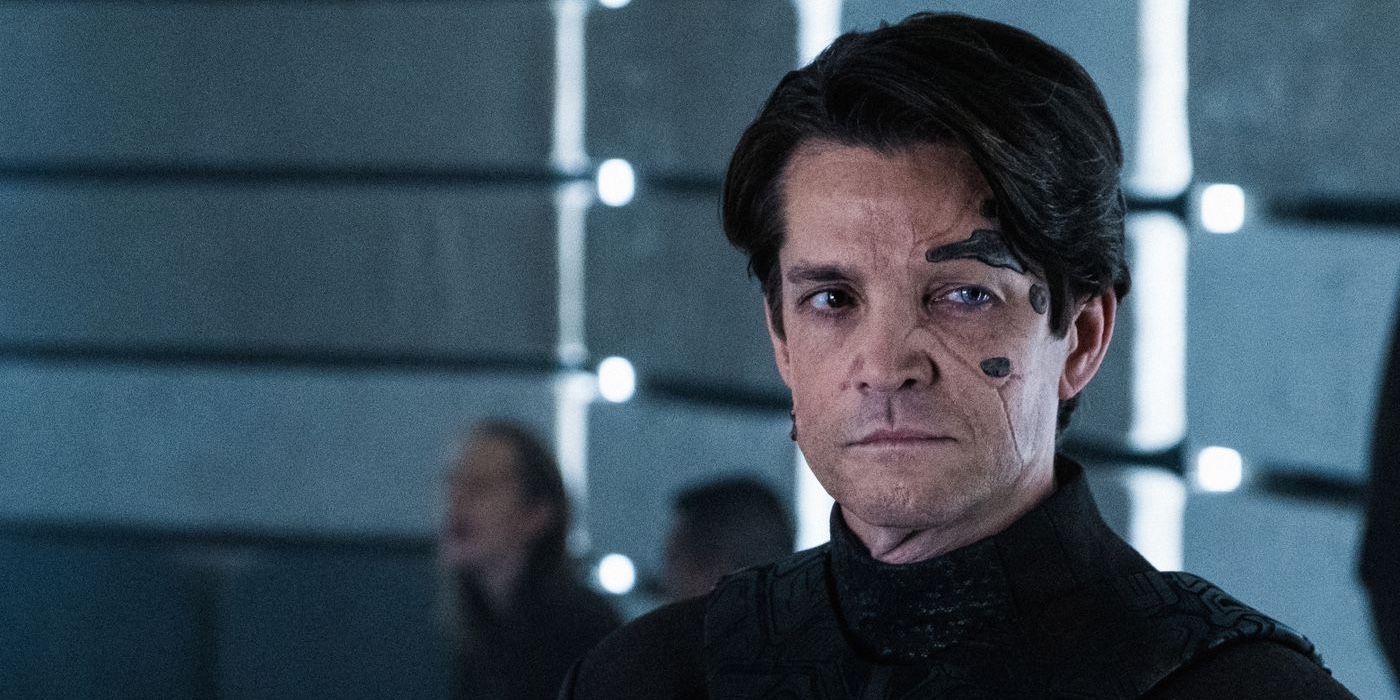
The first Borg to be given a real name following his time aboard the Enterprise with Captain Picard and his crew, Hugh comes to understand the meaning of individuality and the value of autonomy. He returns to the Borg Collective and distributes the concept of agency that he's learned in his time away, hoping to make a difference.
Eventually, Hugh and some other drones form their own Collective but fall under the guidance of Lore, Data's brother, who plans to use them for his own nefarious ends. Hugh helps Picard and Data defeat Lore, and his whereabouts after the skirmish are unknown until Picard sees Hugh as the director of The Borg Reclamation Project, where, as a Federation citizen, he helps Borg drones reintegrate back into the world free of their implants.
1 Michael Burnham (Star Trek: Discovery)
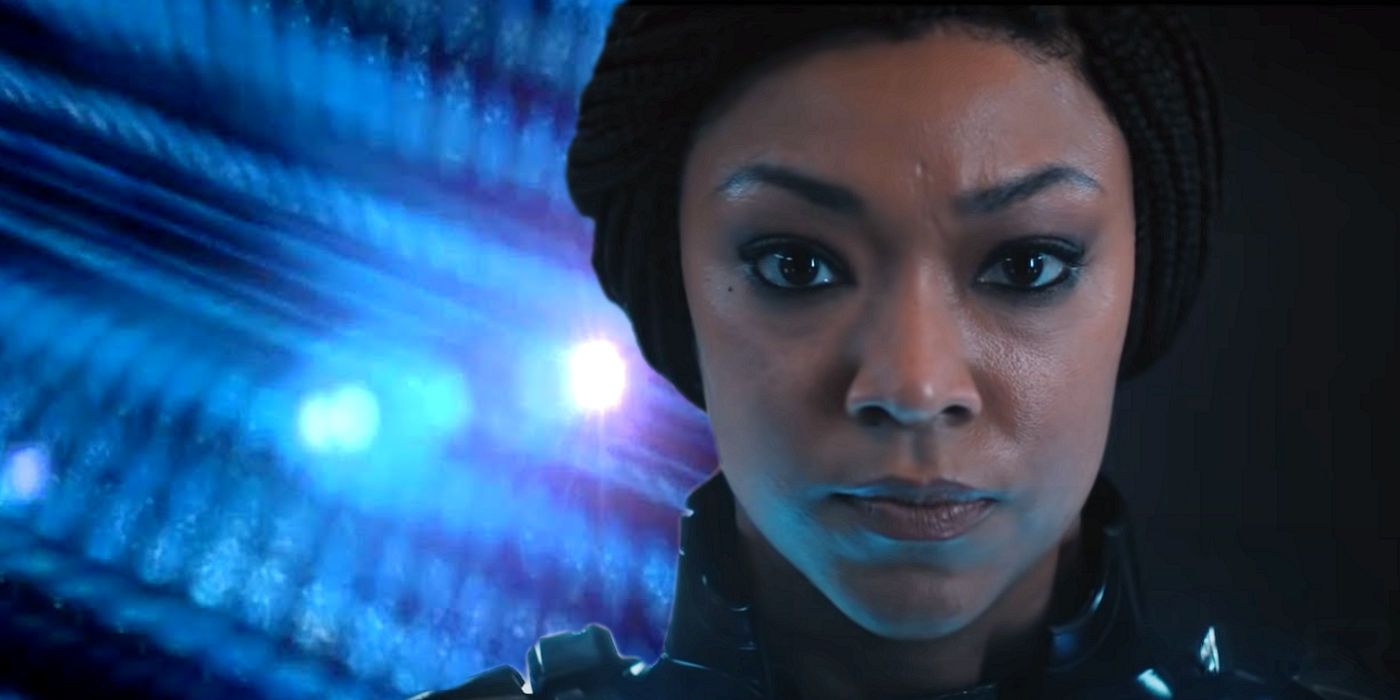
While Michael Burnham doesn't start the Klingon War, she might as well have, because she's blamed for almost everything that results from its instigation. She must prove herself to be more than a mutineer, and worthy of not only being second in command again but of her crew member's trust.
But as assuredly as Burnham seems to be the problem, she's also the solution, and she finds herself in the midst of new calamities at every turn, from the mystery of the Red Angel to stopping Control from wiping out the Universe to helping Discovery survive 1000 years in the future. As much as she does to divide in the beginning, she often brings her crew together to realize its full potential.
from ScreenRant - Feed https://ift.tt/34j1jle

No comments: